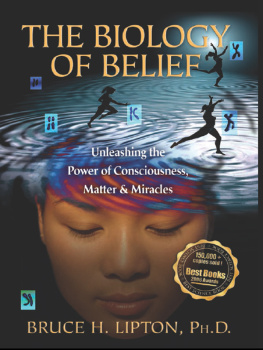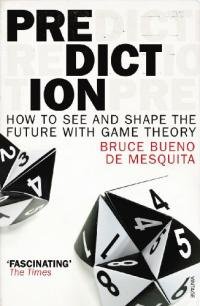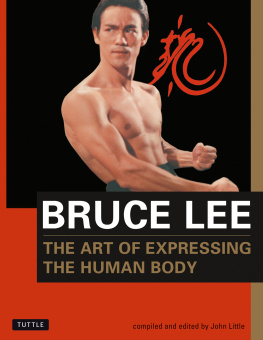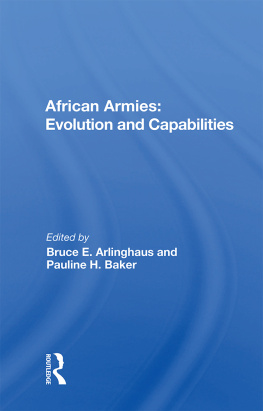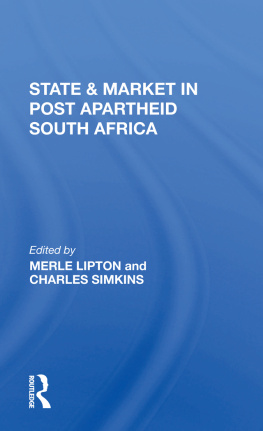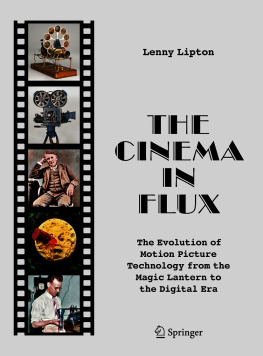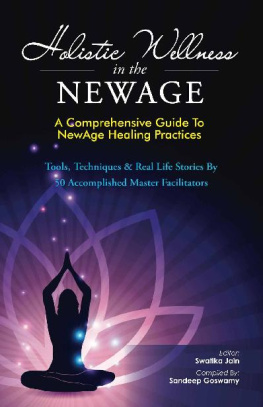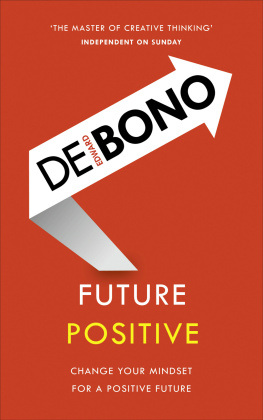Bruce H. Lipton - Spontaneous Evolution: Our Positive Future (and a Way to Get There from Here)
Here you can read online Bruce H. Lipton - Spontaneous Evolution: Our Positive Future (and a Way to Get There from Here) full text of the book (entire story) in english for free. Download pdf and epub, get meaning, cover and reviews about this ebook. year: 2009, publisher: Hay House, genre: Religion. Description of the work, (preface) as well as reviews are available. Best literature library LitArk.com created for fans of good reading and offers a wide selection of genres:
Romance novel
Science fiction
Adventure
Detective
Science
History
Home and family
Prose
Art
Politics
Computer
Non-fiction
Religion
Business
Children
Humor
Choose a favorite category and find really read worthwhile books. Enjoy immersion in the world of imagination, feel the emotions of the characters or learn something new for yourself, make an fascinating discovery.

- Book:Spontaneous Evolution: Our Positive Future (and a Way to Get There from Here)
- Author:
- Publisher:Hay House
- Genre:
- Year:2009
- Rating:3 / 5
- Favourites:Add to favourites
- Your mark:
- 60
- 1
- 2
- 3
- 4
- 5
Spontaneous Evolution: Our Positive Future (and a Way to Get There from Here): summary, description and annotation
We offer to read an annotation, description, summary or preface (depends on what the author of the book "Spontaneous Evolution: Our Positive Future (and a Way to Get There from Here)" wrote himself). If you haven't found the necessary information about the book — write in the comments, we will try to find it.
Bruce H. Lipton: author's other books
Who wrote Spontaneous Evolution: Our Positive Future (and a Way to Get There from Here)? Find out the surname, the name of the author of the book and a list of all author's works by series.
Spontaneous Evolution: Our Positive Future (and a Way to Get There from Here) — read online for free the complete book (whole text) full work
Below is the text of the book, divided by pages. System saving the place of the last page read, allows you to conveniently read the book "Spontaneous Evolution: Our Positive Future (and a Way to Get There from Here)" online for free, without having to search again every time where you left off. Put a bookmark, and you can go to the page where you finished reading at any time.
Font size:
Interval:
Bookmark:
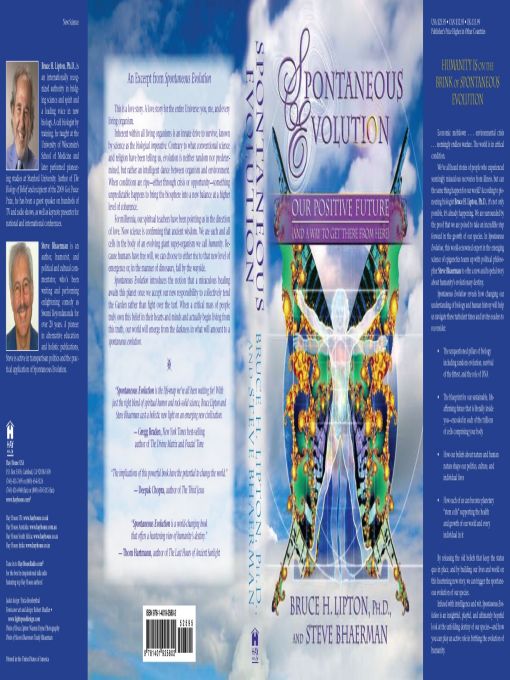
The implications of this powerful book have the potential to change the world.
This wise and thoughtful book is a powerful antidote for anyone who is pessimistic and depressed about our future and the challenges we face as humans.
Spontaneous Evolution is a world-changing book that offers a heartening view of humanitys destiny. Built on the foundation of the latest discoveries in science, it points us in the direction of functional politics, sustainable economics, and individual responsibility in the context of an interdependent community.
Spontaneous Evolution is a great book, a vital message, and even more, it embodies Causal Evolution. By understanding and incorporating its wise revelation of how nature works, we can cause the future we intend. The future that emerges from this Whole New Story is so attractive that I believe it will encourage us to fulfill our true hearts desire for more love, more life, more creativity NOW.
Spontaneous Evolution is a brilliant synthesis of science, evolutionary theory, and spiritual consciousness that provides a unique explanation of our global situation and how we might move forward to repair the world. It charts a path for a global up-wising that could save us from planetary disaster, recognizing that both we as individuals and the global economic/political systems, in which we operate, must evolve quickly to survive.
THE WISDOM OF YOUR CELLS (CD)
SPONTANEOUS EVOLUTION (CD)
Hay House Australia: www.hayhouse.com.au
Hay House UK: www.hayhouse.co.uk
Hay House South Africa: www.hayhouse.co.za
Hay House India: www.hayhouse.co.in
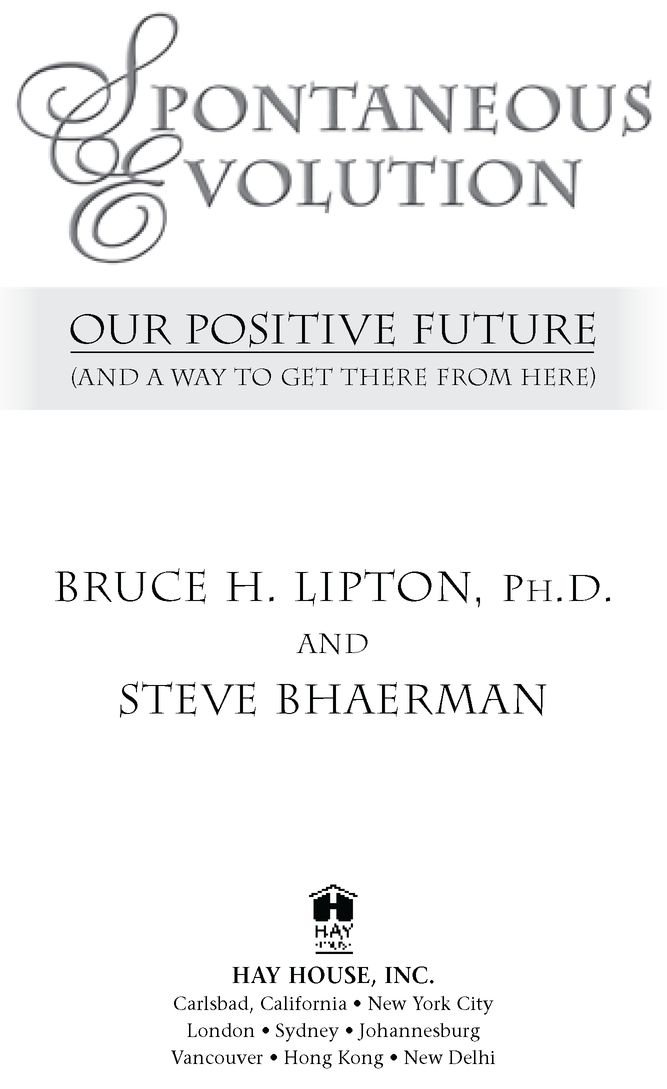
and All Imaginal Cells
Font size:
Interval:
Bookmark:
Similar books «Spontaneous Evolution: Our Positive Future (and a Way to Get There from Here)»
Look at similar books to Spontaneous Evolution: Our Positive Future (and a Way to Get There from Here). We have selected literature similar in name and meaning in the hope of providing readers with more options to find new, interesting, not yet read works.
Discussion, reviews of the book Spontaneous Evolution: Our Positive Future (and a Way to Get There from Here) and just readers' own opinions. Leave your comments, write what you think about the work, its meaning or the main characters. Specify what exactly you liked and what you didn't like, and why you think so.

